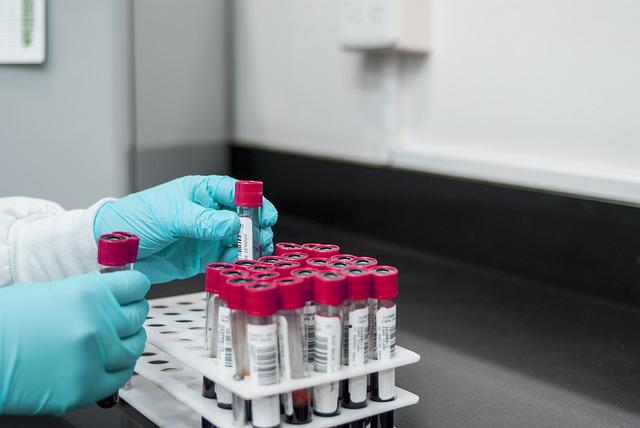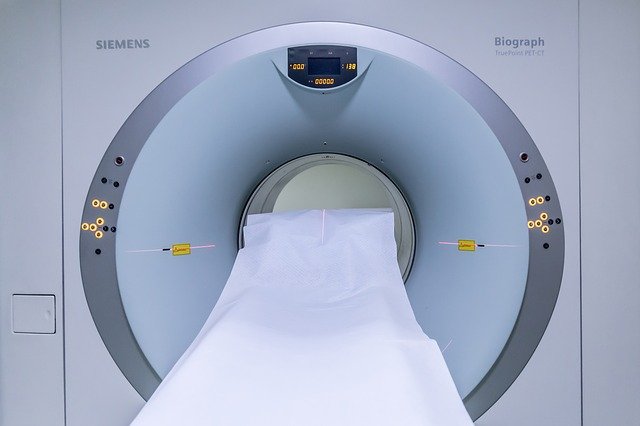Expediting Investigations
So you are at your doctor’s and they decide that you need some bloodwork, imaging or a referral to a specialist. There are a three or four basic questions to ask at this time for each of these categories. Knowing what to ask and how to follow up will greatly increase the likelihood that your medical workup is appropriate and timely.
Bloodwork
- How soon would you like this bloodwork done?
- Are there special instructions such as timing, fasting, off certain medications?
- Should I make a followup appointment to review the results or will your office let me know if I need to come in?

Bloodwork is ordered for a variety of reasons, many of which will not be obvious to the patient. The first and likely most common reason is investigation of a likely non life threatening symptom, something like fatigue, hair loss, leg cramps at night. The bloodwork is ordered in this case to rule out major abnormalities and also to check on common causes of the symptom in question. Thyroid is a great example – if you tell your doctor that you are tired and cold all the time and have put on a bit of wait, the doctor is sure to check if your thyroid is functioning normally, whether you are anemic and what your iron levels are. Generally, these tests are ordered with a low index of suspicion for a serious result – in other words, we expect them to be normal or easily treatable if abnormal. For bloodwork like this, I generally tell the patient to make a followup only if the issue is ongoing; my office will call them if the bloodwork turns up something which should be treated.
A second reason physicians order bloodwork is screening. This is routine and the word “screening” implies that the patient has no symptoms. So, for example, a physician might order a cholesterol profile and a diabetes test in a 50 year old patient, regardless of gender, smoking status, blood pressure, family history, BMI or other personal risk factor because the average 50 year old is at enough risk of developing cardiovascular disease that it is worth it to do so. Almost certainly, physicians order too much of this screening bloodwork – see Choosing Wisely Canada for a list of tests to reconsider ordering in patients without symptoms. Again, we don’t expect these results to be seriously abnormal or be a problem in the short term; they are usually ordered in advance of a comprehensive medical appointment at which a wide variety of preventative health topics are discussed. We can use values obtained in this way to calculate an approximate risk for the patient of having an “atherosclerotic event” (heart attack, angina, stroke, heart failure, claudication) and thus determine how frequently their risk factors should be monitored.
A third reason physicians order bloodwork is to investigate a serious, potentially life threatening symptoms or abnormal bloodwork. Examples might include unintentional weight loss, enlarged lymph nodes in the armpit or groin, anemia, swelling of the lower limbs. Generally in this case, our index of suspicion for a serious abnormal result is high, and the patient should be advised to get the bloodwork done as soon as possible AND to follow up with the physician regarding the results.
TL;DR Bloodwork
- Is the bloodwork routine, screening or urgent?
- Are there special instructions – fasting, off certain medications etc.?
- What is the follow up plan for reviewing results?
Imaging
The same issues essentially apply to imaging as well. Imaging is often ordered to investigate non life threatening complaints like stiff painful hands in the mornings. Imaging can also be ordered for screening, such as with routine mammograms and abdominal ultrasound to assess for abdominal aortic aneurysm in men over 65 who have a significant smoking history. Imaging can be ordered for routine followup of a probably benign finding such as a thyroid nodule or other probably benign lesion. And imaging can be ordered to investigate potentially life threatening complaints such as unintentional weight loss, exertional chest pain or pressure.

The questions to ask are a little different for imaging than for bloodwork although I suspect that some of this advice is location specific.
- How urgent is this imaging? If I cannot arrange the imaging within this time frame, can your office help me? Should I consider paying for the imaging privately to get it more quickly?
- Are there preparation instructions for this imaging, e.g. full bladder, fasted, no jewellery, bowel prep?
- If you are booking the appointment:
- Ask if there are multiple companies/groups/locations which do this imaging
- Ask if there is a cancellation list
- Ask if there are locations with sooner availability
- If the office is booking the appointment
- Ask when they expect to know the date of your imaging
- Ask when you should follow up if you haven’t heard when the appointment is
- Ask what locations this imaging is done at and let them know if you really can’t travel for imaging
- Do I need to book a followup plan to review the results of the imaging?
TL;DR Imaging
- What is the urgency of the imaging?
- What are the prep instructions
- Who is booking the imaging?
- What is the followup plan?
Specialist Referral
Your our doctor may decide that they need advice on your care or that you need medical care which is out of their scope to provide. Referrals are usually made for symptoms in my practice; these may be routine or more urgent. A kind of screening referral might be to genetics counselling to engage in preconception planning with a certain genetic background or risk.
The questions to ask here are also similar:
- When will the referral request be sent?
- Who are you referring me to?
- When should I check back with the office if I haven’t heard about an appointment time?
- What is the urgency of this referral?
- What change in symptoms would increase the urgency of the referral and how should I communicate with you about those?
- Are there situations under which I
- When would you like to see me again?
- Once the referral has been made, you can call the specialist office and ask to be put on their cancellation list. If they don’t have one, and even if they do, you can consider calling the office once a week to inquire about any last minute cancellations you might be able to take advantage of. Be brief and very courteous on these phone calls – I have found that calling on Monday mornings around 10 AM is the most effective time to do this.
TL;DR Referrals
- Who are you referring me to?
- When can I expect an appointment?
- What symptoms would change the urgency of the referral?
Summary
Asking questions and following up on your own health needs is a great way of leading a more empowered life as a patient. Your physician is a great resource, but ultimately, you are in charge of your own health. Be organized, ask questions and close the loop by following up with your physician or their office if things are not proceeding as expected.